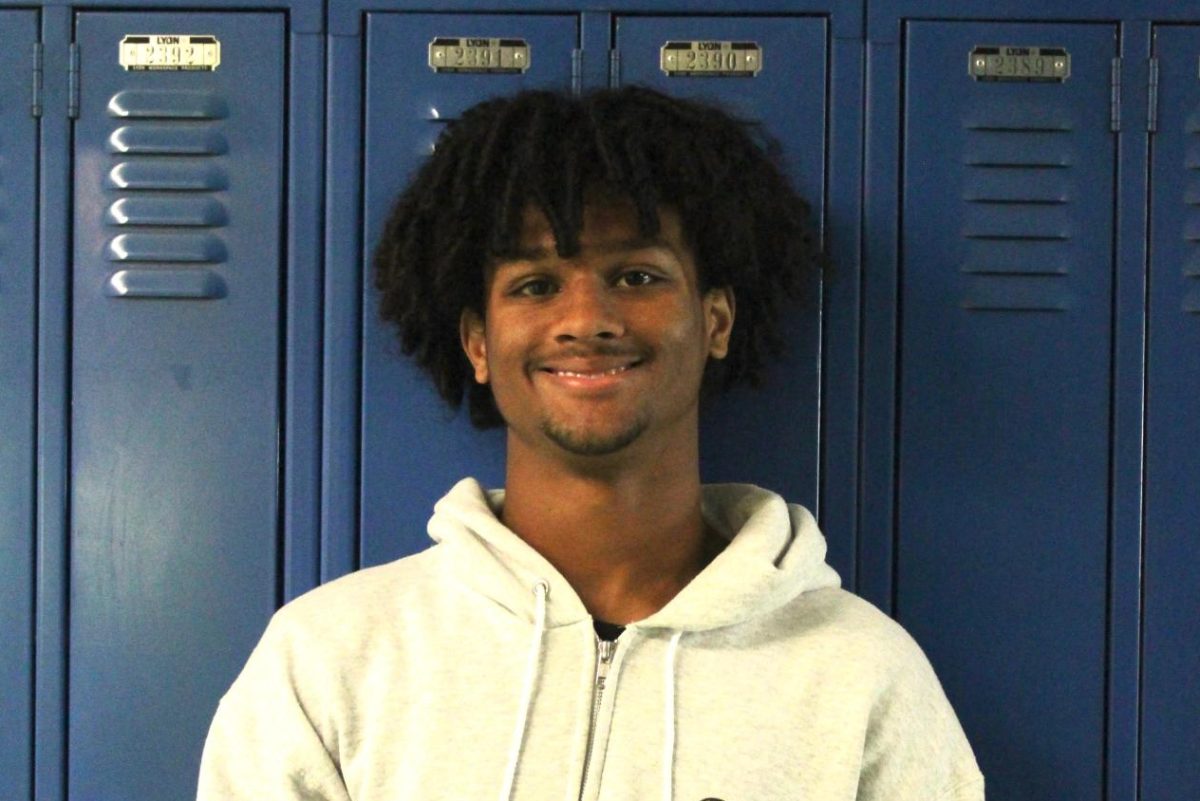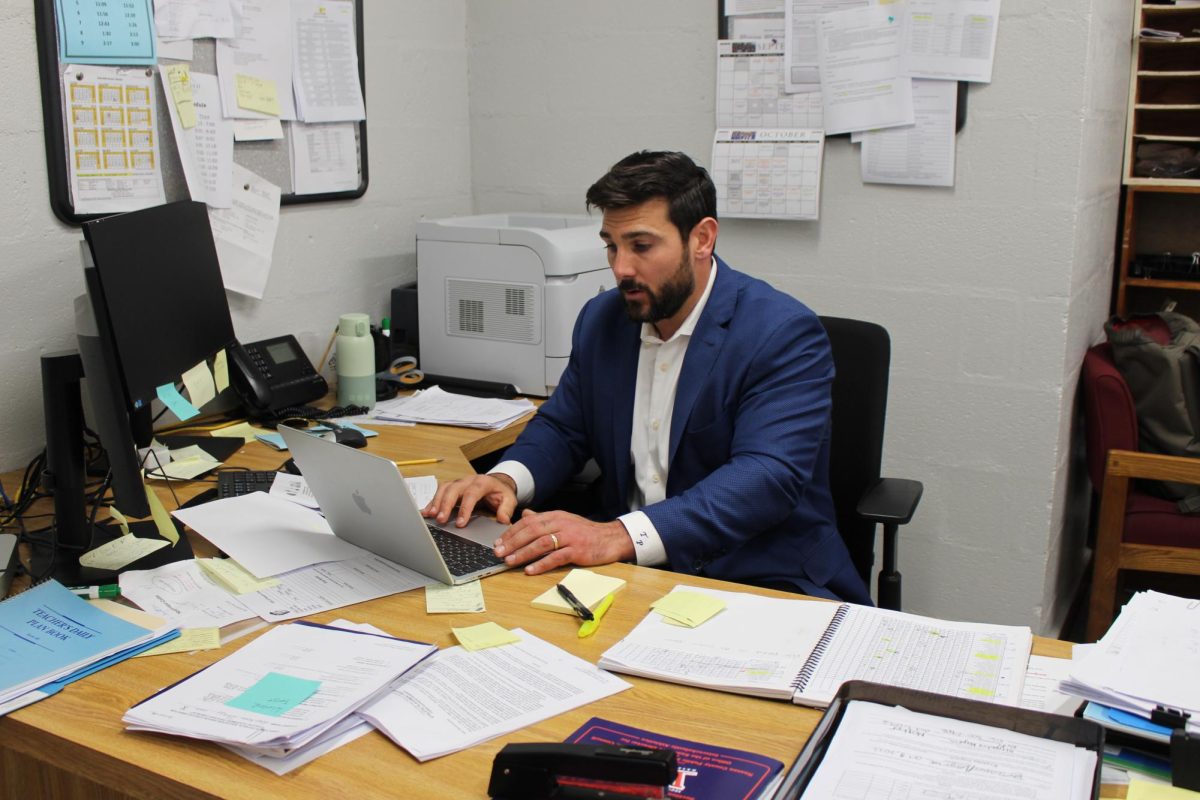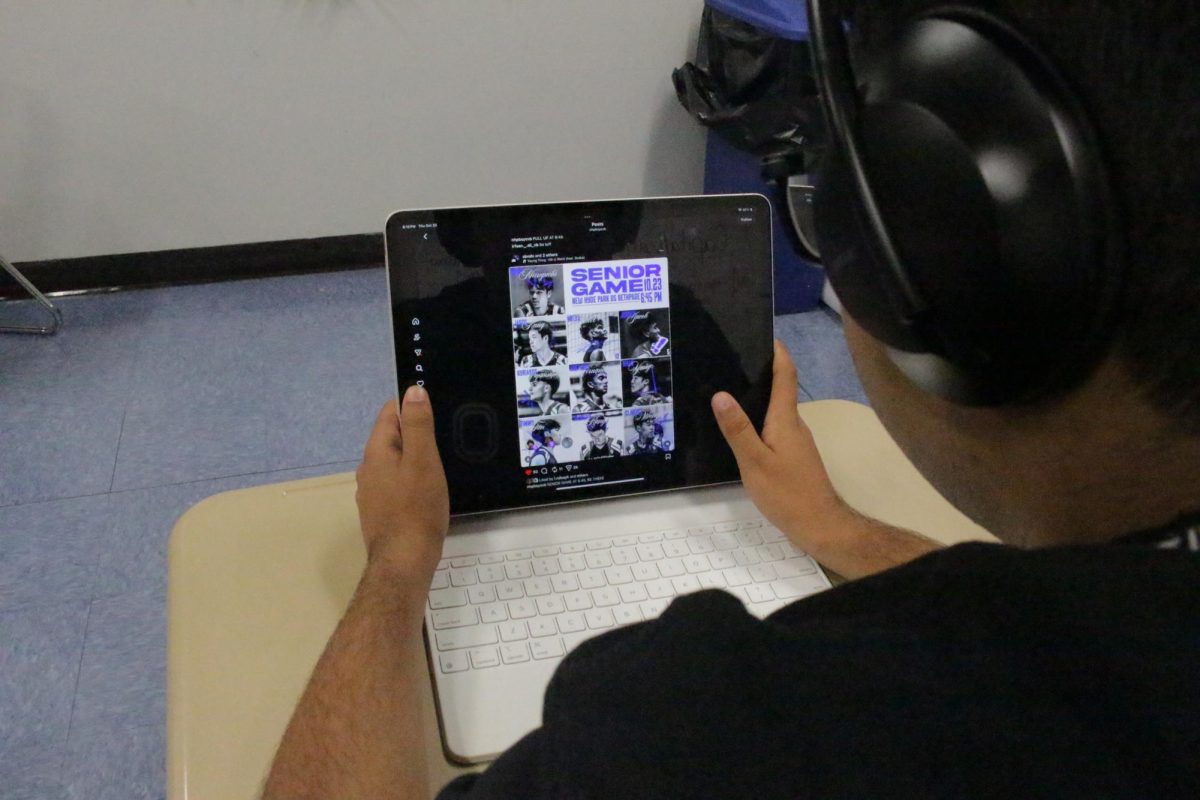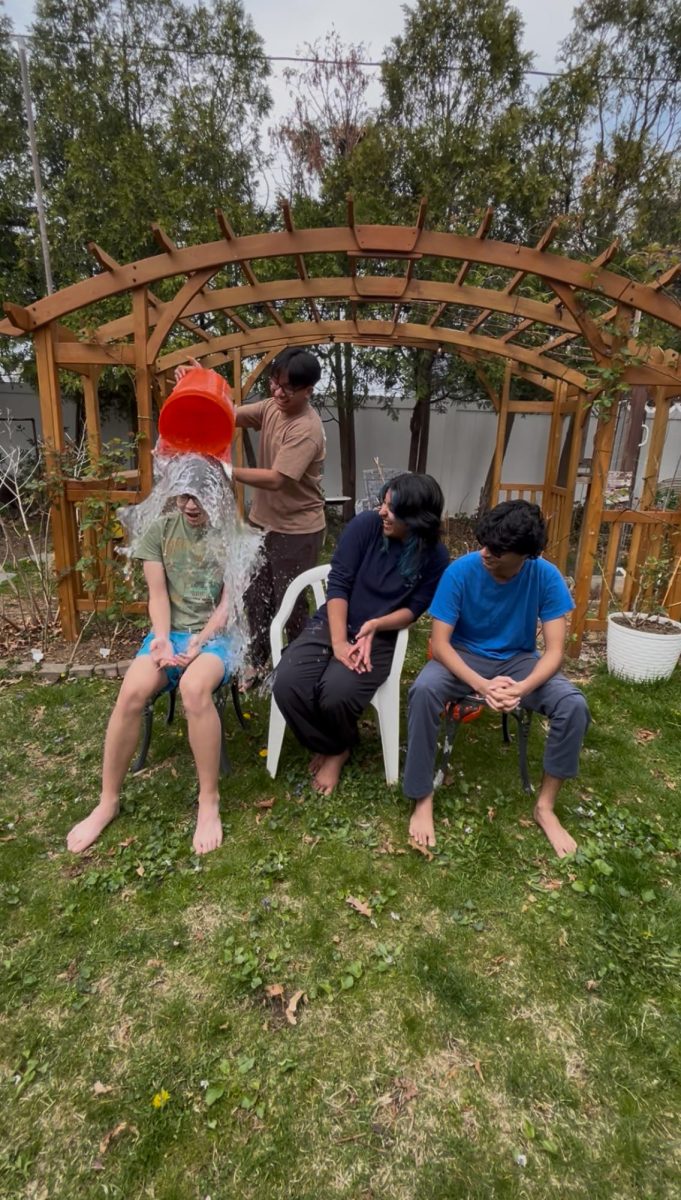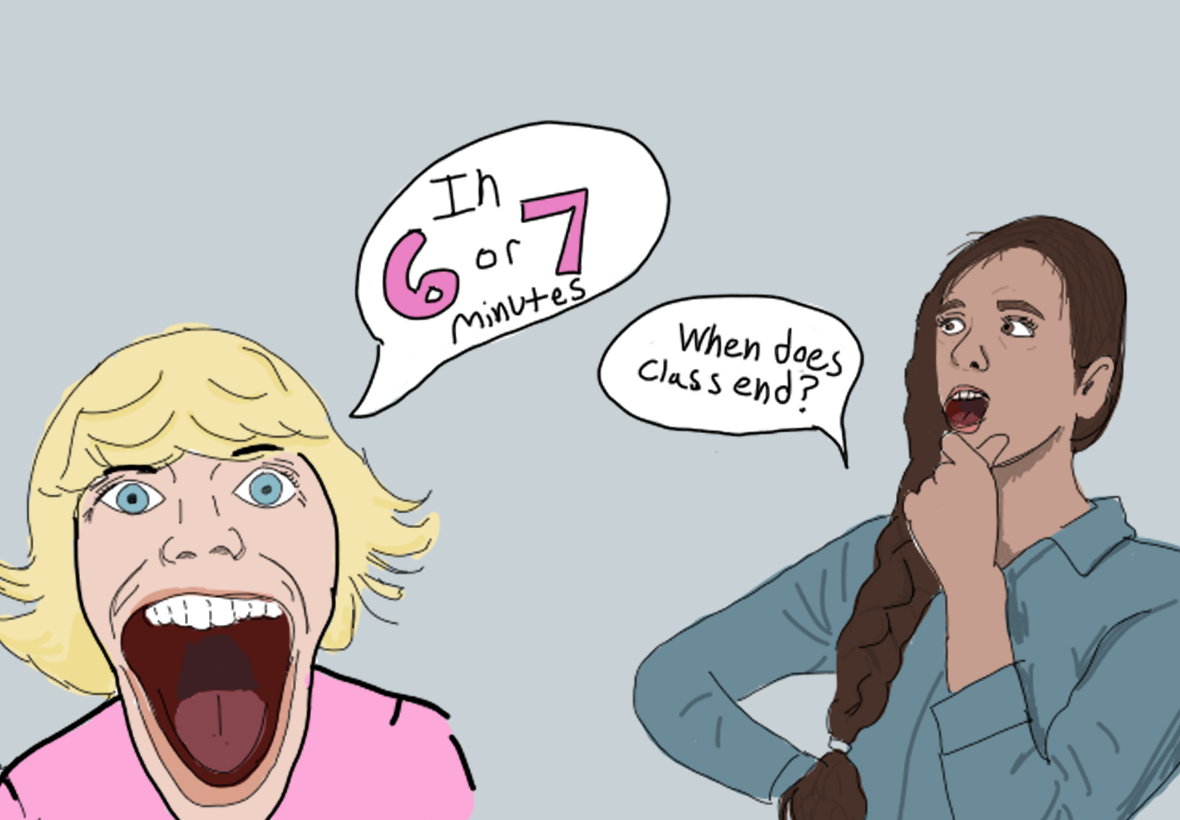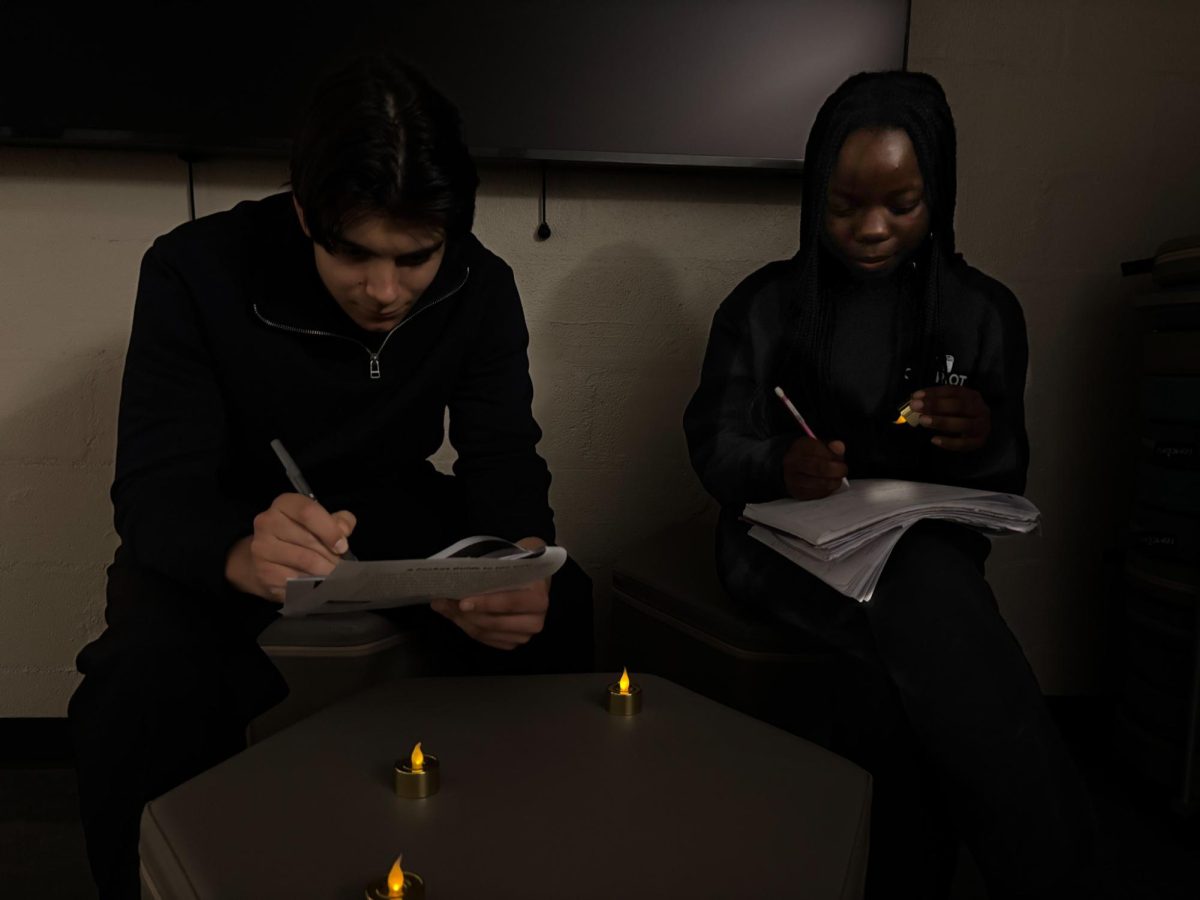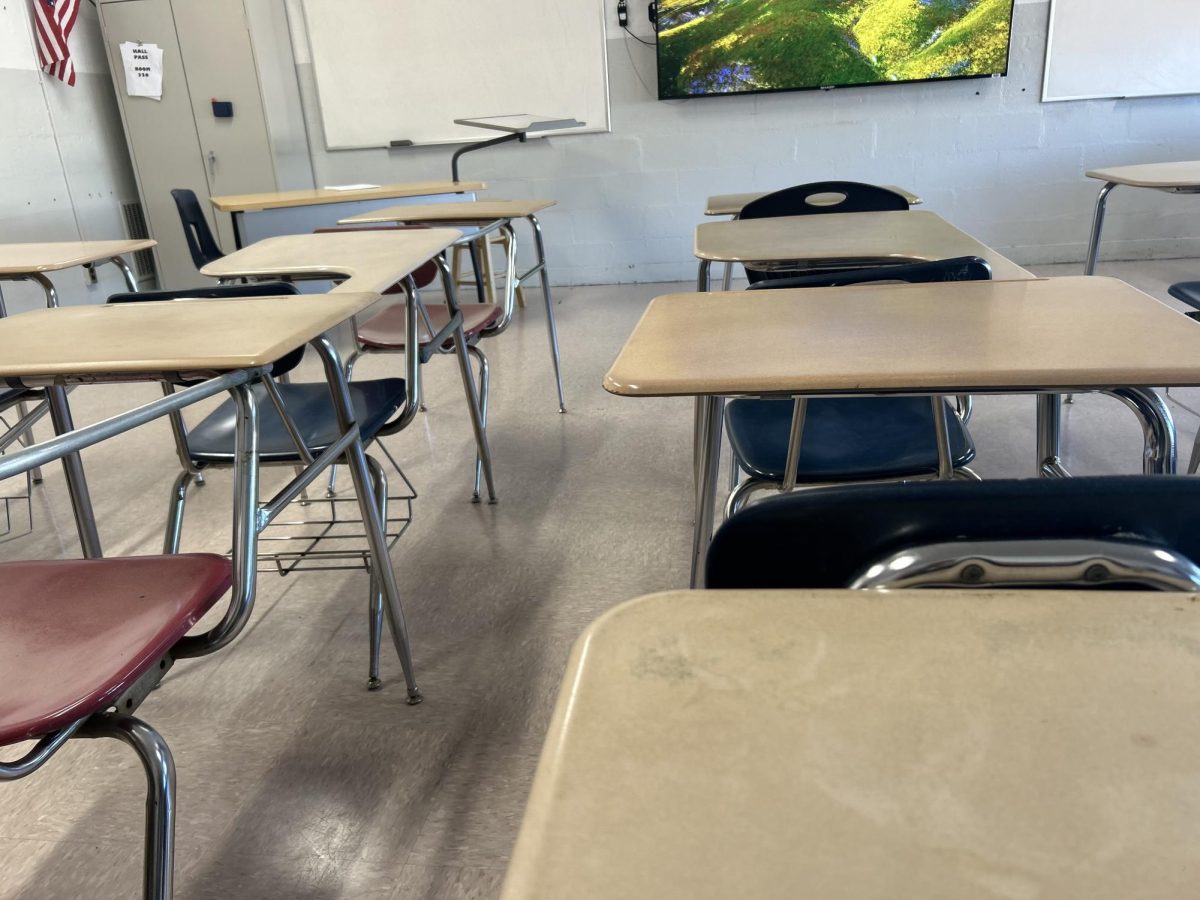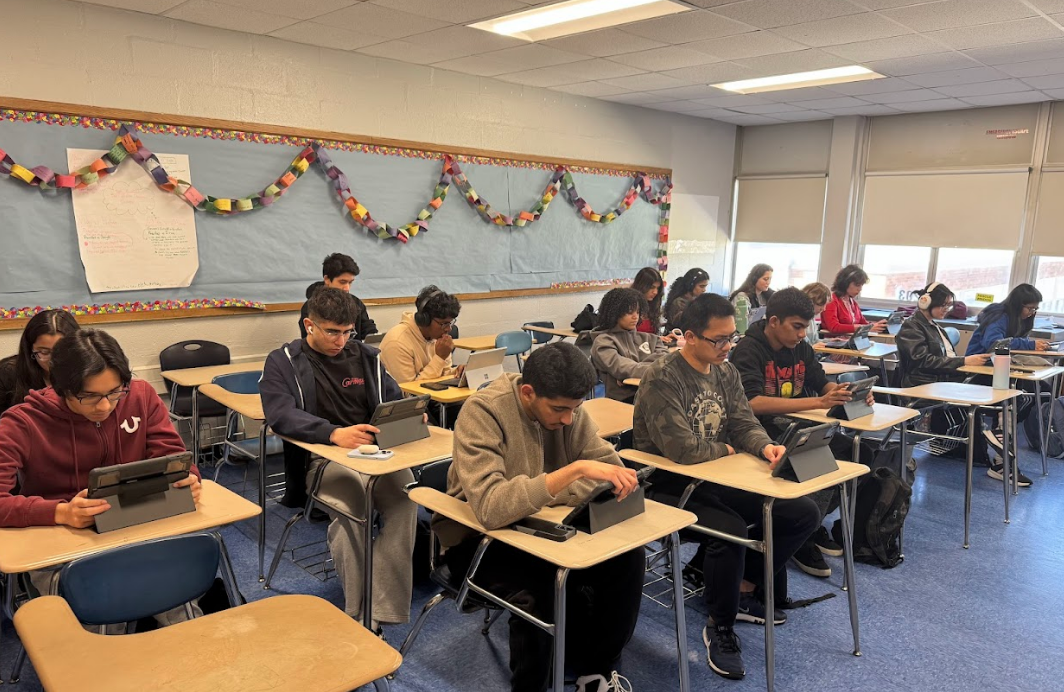With the arrival of spring, eager students awaiting their spring break and AP testing around the corner, April is a month filled with anticipation. This year, students will enjoy to two spring breaks, as opposed to what would regularly be one. One was from March 28 to April 1, and the other runs from April 20 to April 30. There were also four delayed openings in mid-April due to the NY state assessments and an additional student day off on April 10 for Eid-al-Fitr. These occurrences of breaks and delayed openings during this time have both positive and negative effects on teachers and students.
“Having two spring breaks is better because it gives me more time to relax. It also allows for better scheduling of activities, and breaks up the semester more evenly,” sophomore Sophie Guan said.
Teachers invest significant time and effort in planning their lessons to ensure optimal learning outcomes. Some teachers believe that April breaks and delayed openings can disrupt this schedule. When faced with breaks and delayed openings, teachers must adapt their lesson plans accordingly. They may need to condense or spread out content to accommodate the altered schedule. Teachers may also use this time to incorporate engaging and interactive activities that align with the season or the break theme, making learning more enjoyable for students.
“After nearly 30 years of teaching, April stands out as extraordinary this year,” math teacher Mr. Basil said. “This is a challenge, but it’s also a microcosm for the college experience. For me, I plan on using recursive assignments that require students to complete work on both older and newer topics. I’m even giving a take-home assessment this week in my Regents-level classes so I won’t have to give up instructional time. I believe if both students and teachers take the time to step back and consider how to manage April, we’ll all be able to learn and prepare effectively for those big exams on the horizon.”
Some believe that April breaks and delayed openings can have a significant impact on student engagement. While breaks offer students a chance to relax and recharge, it can be challenging to regain focus and motivation once classes resume. Students may experience a dip in productivity and attentiveness, requiring teachers to employ strategies to reengage them effectively.
“I like delayed openings and the two spring breaks because I get time to review for AP exams coming up,” sophomore Joel Jose said. “Especially since I get more time to sleep and more time to enjoy and hang out with friends. These breaks also provide me extra time to relax and ease stress and focus on myself.”
Although breaks and delayed openings can disrupt the flow of lessons, they also provide unique learning opportunities. Students can use this time for independent study, pursuing personal interests or engaging in extracurricular activities. While they may disrupt the regular routine and require adjustments to lesson plans for teachers, they also offer valuable time for rest and exploration for all.




